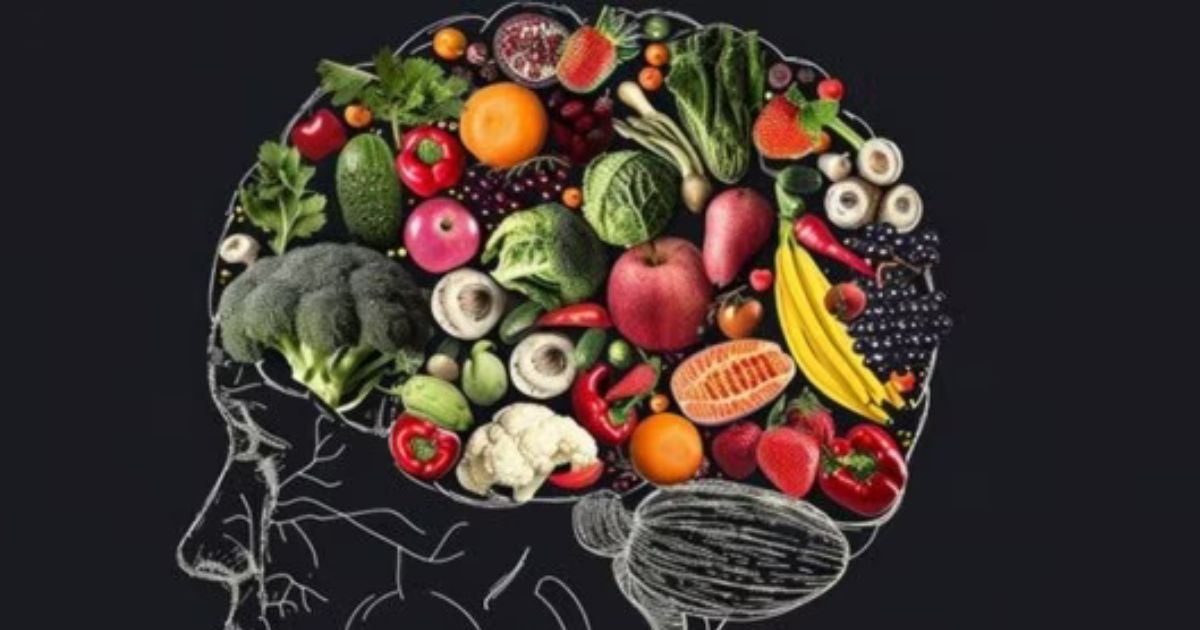In a groundbreaking cross-sectional study conducted in Saudi Arabia, researchers have uncovered a profound correlation between eating disorders and depression among adolescents.
Published in Cureus: Journal of Medical Science, the study sheds light on the intricate relationship between these two prevalent mental health conditions, emphasizing the need for comprehensive treatment approaches.
The research, led by a team of experts, examined the prevalence of eating disorders and depressive symptoms among adolescents in Saudi Arabia. Their findings revealed a striking pattern: the severity of depressive symptoms was directly proportional to the prevalence of eating disorders.
This correlation underscores the interconnectedness of these mental health issues and highlights the importance of early intervention and targeted treatment strategies.
Eating Disorders and Depression Link
According to the study, adolescents diagnosed with eating disorders exhibited heightened risks of various psychopathological symptoms, including distorted body image, anxiety, impulsivity, and low self-esteem. These findings surpass anticipated levels, indicating the complexity of managing these conditions concurrently.
Dr. Jyoti Kapoor, founder-director and senior psychiatrist at Manasthali, emphasized the frequent co-occurrence of depression and eating disorders. She explained, “Individuals with eating disorders often experience symptoms of depression, such as persistent sadness and loss of interest in activities they once enjoyed.
Conversely, people with depression may develop disordered eating patterns as a coping mechanism.”
Echoing Dr. Kapoor’s sentiments, Dr. Priyanka Rohatgi, chief nutritionist at Indraprastha Apollo Hospital, highlighted the negative reinforcement cycle between depression and eating disorders.
“Depression can exacerbate unhealthy eating habits due to its impact on motivation and self-care. Similarly, eating disorders can worsen mood disorders through behaviors such as starvation, binging, and purging, affecting brain chemistry,” she stated.
Moreover, the study underscored the influence of age on the prevalence of these conditions, with younger adolescents emerging as a distinct risk group susceptible to both eating disorders and depression.
This demographic insight provides valuable information for targeted intervention strategies aimed at addressing these mental health challenges among adolescents.
Despite the significance of these findings, experts emphasize that eating disorders are often underreported due to stigma, societal pressure, and a lack of awareness.
Dr. Saras Prasad, consultant in psychiatry at Yatharth Super Speciality Hospital, Noida Extension, explained, “Factors like stigma and societal pressure contribute to the underreporting of individuals struggling with disordered eating.”
For effective treatment, a holistic approach that addresses both the symptoms of eating disorders and underlying psychological factors is essential. Dr. Rohatgi recommended a combination of therapy modalities, including cognitive-behavioral therapy and dialectical behavioral therapy, alongside medications to manage both conditions concurrently.
She emphasized the importance of understanding the psychology behind eating disorders to provide empathetic and holistic care to individuals affected by these conditions.
In conclusion, the new study underscores the deep connection between eating disorders and depression among adolescents, highlighting the need for comprehensive treatment approaches tailored to address both conditions simultaneously.
By raising awareness and promoting early intervention, healthcare professionals can provide better support for adolescents struggling with these mental health challenges, ultimately improving their overall well-being and quality of life.








Leave a Reply
You must be logged in to post a comment.